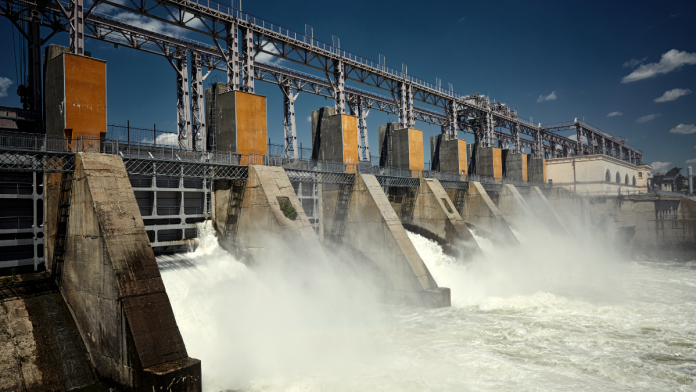Major programme to evaluate opportunities and quick wins in hydropower facilities across the continent.
The African Development Bank (AfDB) has announced a $1m project to map and evaluate Africa’s hydropower facilities and their maintenance needs.
The modernisation of hydropower stations is a valuable opportunity to increase generating capacity at low-cost, with relatively short lead-times and with minimal environmental impact. It is also a particularly valuable opportunity for countries like Angola, which are heavily dependent on their hydropower capacity and are investing in their grids accordingly.
The project will be undertaken through the AfDB’s Sustainable Energy Fund for Africa (SEFA) and the International Hydropower Association (IHA). It will evaluate hydropower facilities and their investment needs with a view to finding opportunities for growth in the sector.
The project will also support the preparation of modernisation works for two pilot facilities to a bankable stage, a move expected to add 200MW in generation capacity, create 150 jobs and reduce greenhouse gas emissions by around 300kilotons of CO2 annually.
Dr. Daniel Schroth, acting director for renewable energy and energy efficiency at the AfDB, said: “This transformative programme under SEFA’s Green Baseload component will specifically capitalise on the significant market opportunity for rehabilitation of Africa’s existing hydropower plants.”
Alex Campbell, IHA’s head of research and policy said, “We are delighted to support the African Development Bank in this important and urgent project to modernize Africa’s hydropower fleet.”
The mapping programme hopes to help with Africa’s energy transition, with a renewed hydropower sector reducing reliance on fossil fuels and serving as an anchor for other more variable renewable sectors to grow significantly.
It also represents a highly cost-effective option for investment in decarbonised energy, which the AfDB’s vice president warned recently is all the more important as governments struggle with the costs of both Covid-19 and climate change consequences already being felt.


















